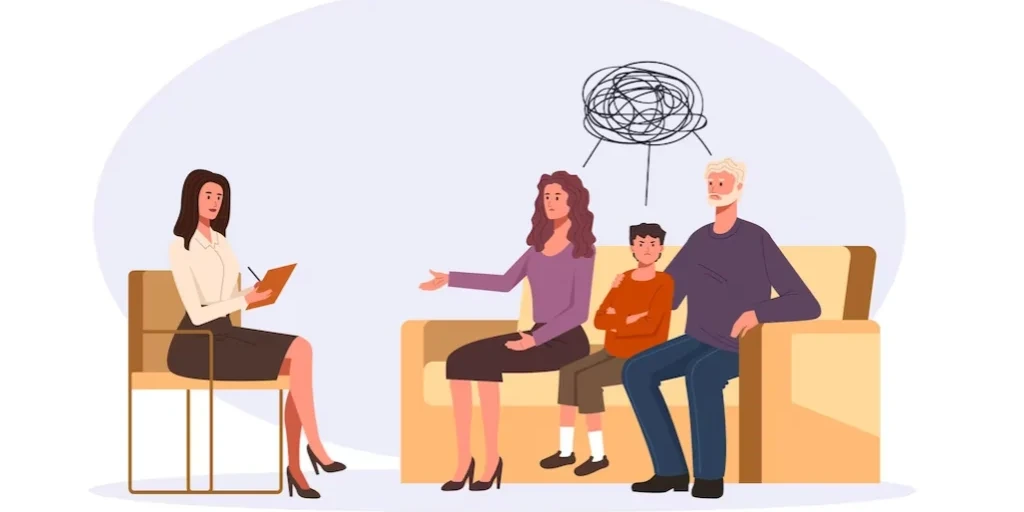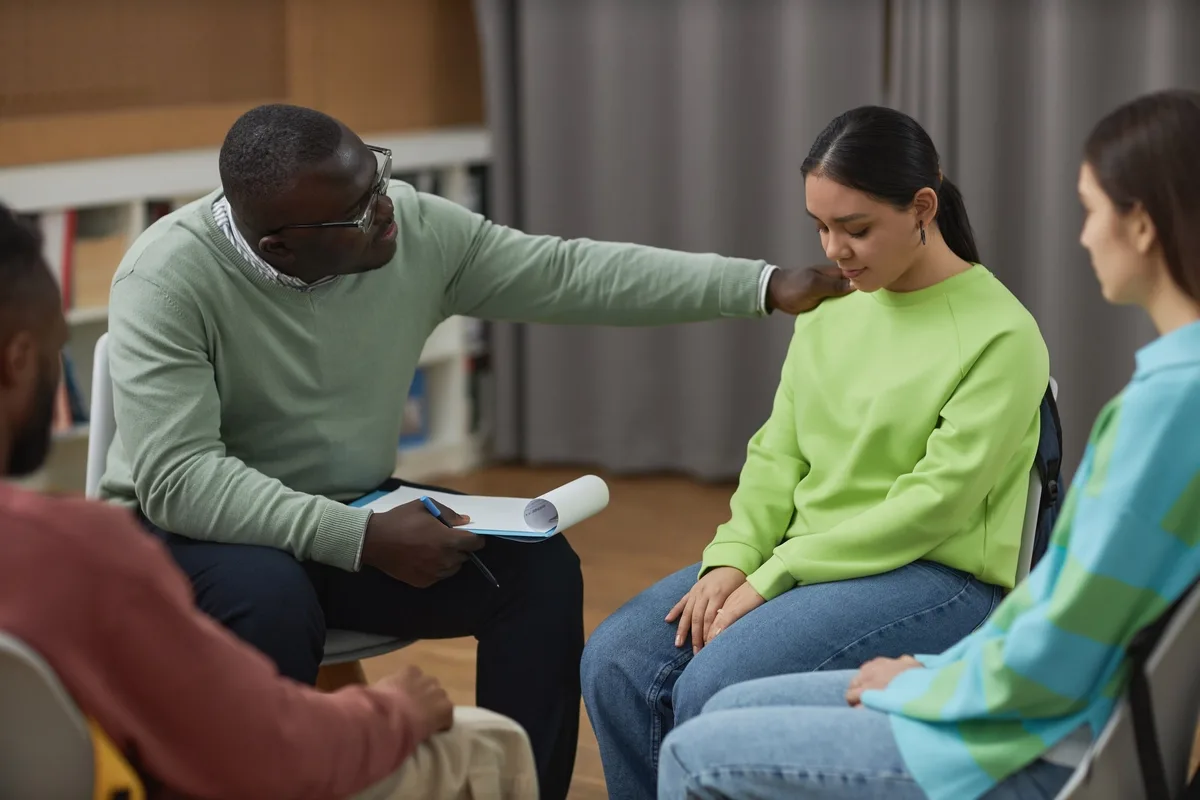24/7 Helpline:
(866) 899-221924/7 Helpline:
(866) 899-2219
Learn more about Dual Diagnosis Rehab centers in Tonkawa

Other Insurance Options

Covered California

Lucent

MVP Healthcare

GEHA

United Health Care

UMR

EmblemHealth

ComPsych

Sliding scale payment assistance

UnitedHealth Group

BHS | Behavioral Health Systems

Oxford

Sutter

Ambetter

Highmark

Aetna

WellPoint

State Farm
Beacon

Amerigroup

Tonkawa Tribe – Substance Abuse Program
Indian Alcohol and Substance Abuse Tonkawa Tribe of Oklahoma offers outpatient services for people s...


Alpha II
Alpha II is a private rehab located in Tonkawa, Oklahoma. Alpha II specializes in the treatment of a...




Edwin Fair Community Mental Health Center – Kay County
Edwin Fair Community Mental Health Center – Kay County is a private rehab located in Ponca City, Okl...

Bridgeway
Bridgeway is located in Ponca City, Oklahoma. Bridgeway provides substance abuse treatment.

Ponca City Rightway Medical
Ponca City Rightway Medical is a private rehab located in Ponca City, Oklahoma. Ponca City Rightway ...
































































